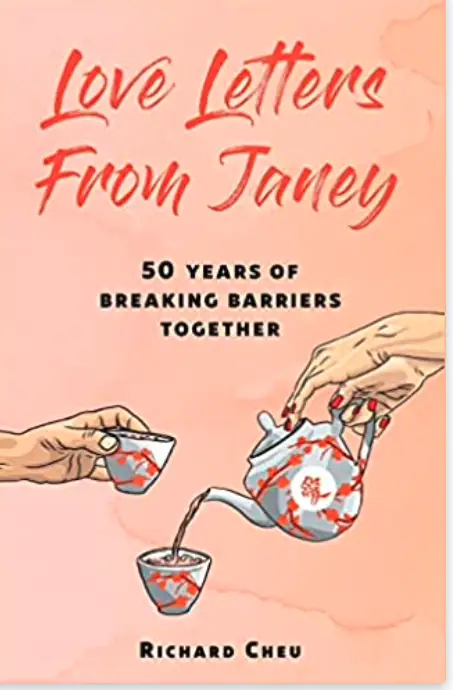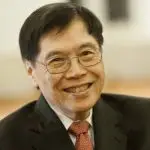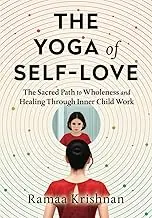For decades, Asian-Americans have been discriminated against in the United States. In 1882 the Chinese Exclusion Act was passed prohibiting all Chinese laborers. It was the first law in the U.S. that prohibited immigration solely based on race. Author Richard Cheu’s father, who was born in China, was not able to legally emigrate to the U.S. When he married Richard’s mother, she was stripped of her American citizenship, in effect, becoming a person without a country. Growing up, both Richard and his wife’s families, were restricted to living in segregated SF Chinatown. Discrimination continues today. According to a 2021 Pew Research report, 81 percent of Asian-American adults say that violence against them is increasing.
Statistics only tell part of the story. That is why Richard Cheu’s latest book, Love Letters From Janey: 50 Years of Breaking Barriers Together, is so timely. His historical perspective as well as his late wife Janey’s personal letters show the emotional toll that prejudice plays against Asian-Americans and the need to continue to call attention to anti-bigotry attitudes and laws.
Recalling how racial discrimination invaded every aspect of their lives from where they could go to school, shop, or even where they could read, Richard will never forget the restrictive property covenants that forced their families, like all Chinese in San Francisco, to live in segregated Chinatown.
Even though there has been racial progress over the years more subtle forms of discrimination still exist. And, whether overt or covert, prejudice affects Asian-Americans psychologically throughout their lives.
“Segregation and racial discrimination leave an indelible mark on one’s soul and personality. You are subconsciously aware of your surroundings, on alert for impending signs of discrimination…and never forget previous incidents. Racial discrimination incidents continue unabated. Beneath our pleasant demeanor is our anti-racism armor.”
Richard Cheu
Against the odds Janey Mildred Young accomplished more than the great majority of Chinese-Americans, especially women, because most were not able to achieve very much educational or economic success or rise through the ranks of their professions. Janey became a curriculum developer and systems engineer at Bell Laboratories and associate director of the Institute for Science, Technology, and Social Education at Rutgers University.
Janey not only had to contend with society’s biases, but also her conservative parent’s attitudes towards Chinese-American women in the workforce. Her parents believed in women getting an education, but after that you became a wife and a mother. Janey charted her own course and excelled at her career and at being a wife and a mother.
Listen to Richard and Mark here:





